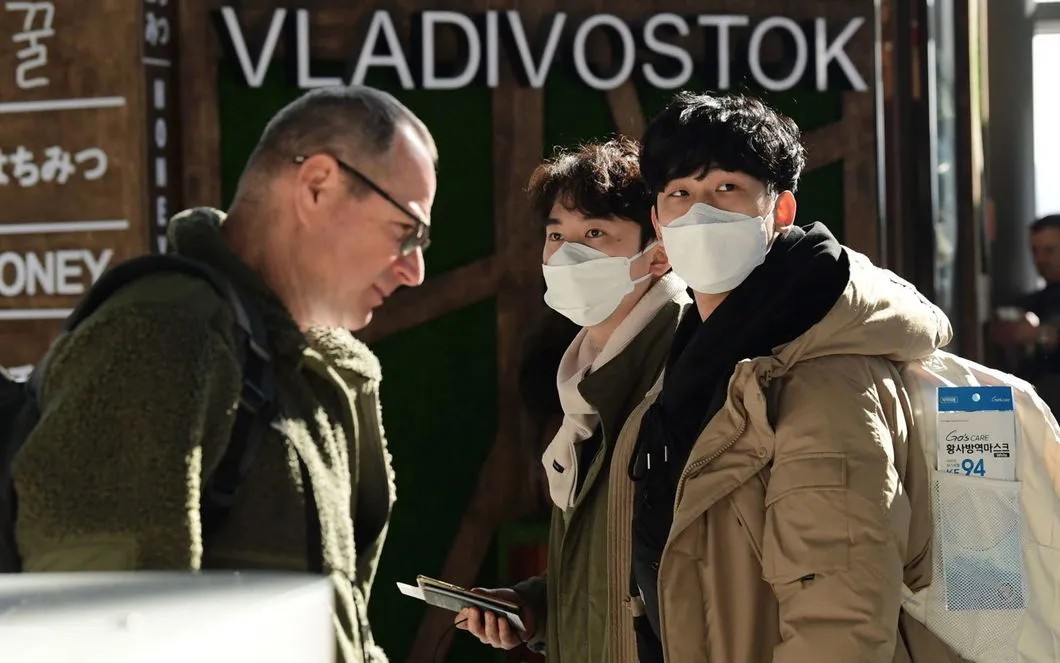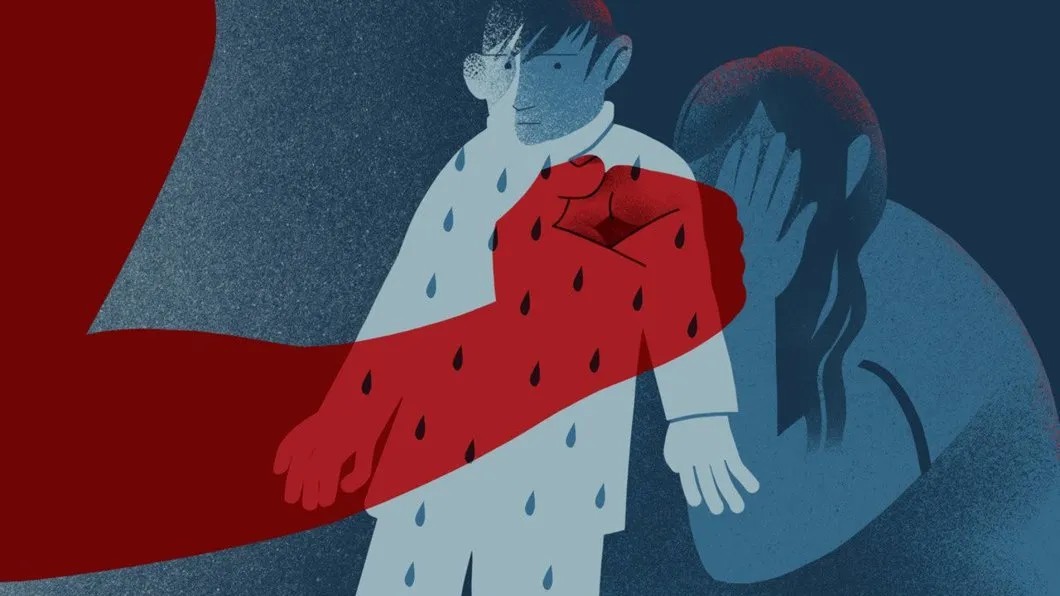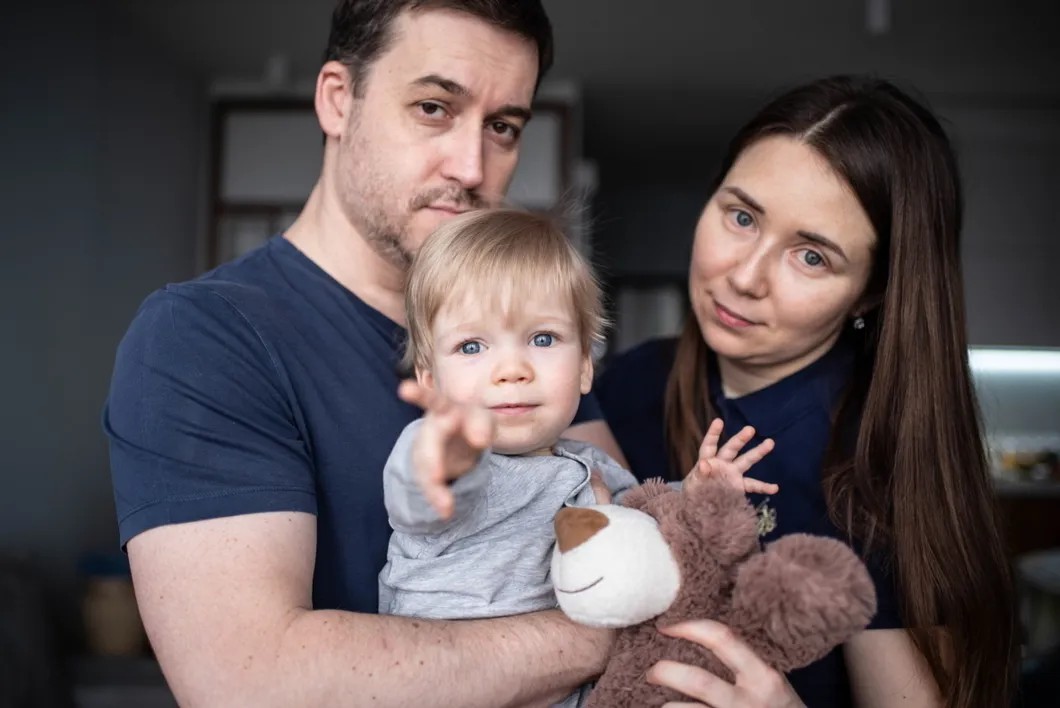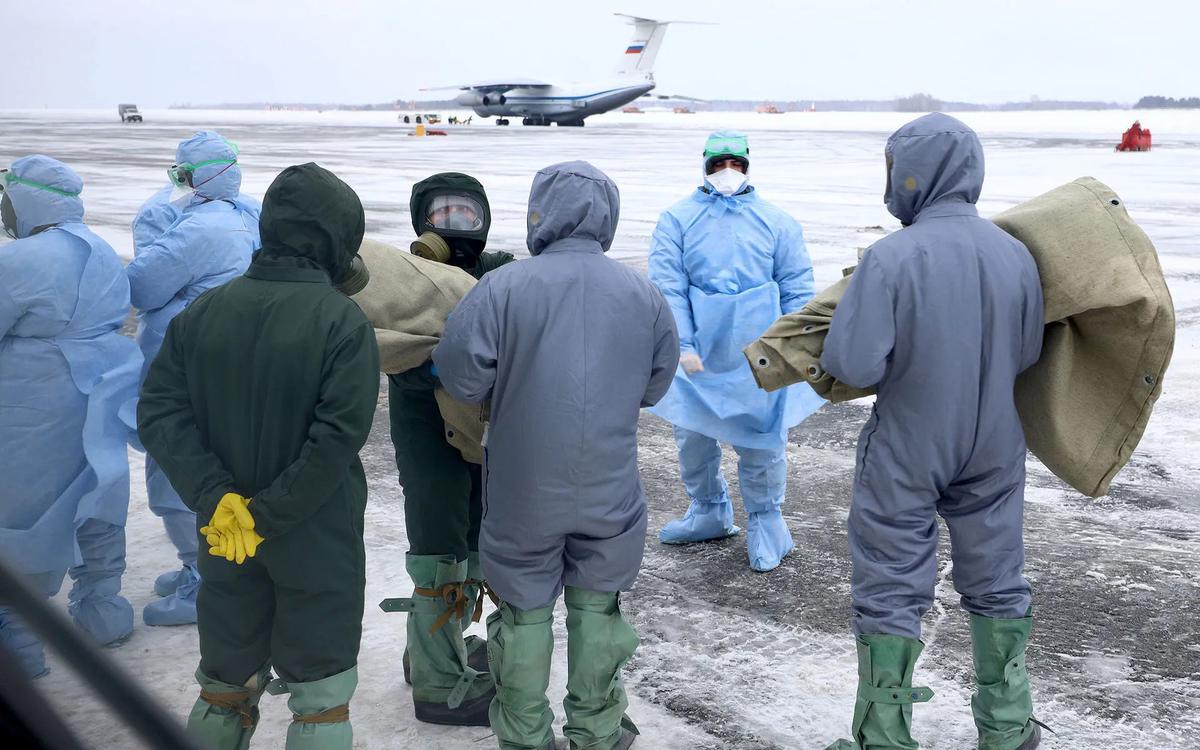This Week’s Highlights
Russia sees its first confirmed cases of the coronavirus and as panic sets in, the country cuts itself off from China. We traveled to Vladivostok, Russia’s largest city near the Chinese border, where cutting connections is proving to be a challenge. Plus, the thirtieth anniversary of capitalism arriving in Russia, signs of the Kremlin’s repressive machine putting on the brakes and, please, scroll down to the end to check out our campaign to help a couple of young kids in great need.
Want to get the full story? Click the links below for full-length articles in Russian.
New feature! Russia, Explained Audio Briefing. Also available on Apple Podcasts and Google Podcasts!
Coronavirus Update
Russia now has two confirmed cases of the coronavirus: one in the Siberian city of Tyumen and the other in the far-eastern region of Zabaykalsky Krai. In response, Moscow has limited air traffic to and from China and Prime Minister Mikhail Mushustin ordered the closure of the border with China in the Far East. Russia has also suspended rail links with China and North Korea as a precautionary measure. As of February 2, Chinese citizens have been banned from visa-free tourism to Russian and can no longer obtain Russian work visas.
Tracking cases worldwide.Novaya Gazeta has used machine learning to develop a bot that tracks the number of reported cases and fatalities from the coronavirus around the world. Check it out on Telegram @ngvirusreport.
Read our report on the first case of the coronavirus in Siberia here.
Coronavirus Frontlines, Visited
We went to the Russian city of Vladivostok – the country’s largest Pacific port and the biggest city near the Chinese border. Vladivostok is a major crosspoint for cargo destined for China and despite the outbreak of the coronavirus, exports and imports were still flowing last week. Meanwhile, in spite of restrictions, air travel and automobile traffic continued across the border.

Preparing for the worst. Students at Vladivostok’s Far Eastern Federal University are enjoying an extended holiday, while international students from China are being advised not to come back to class before 1 March. The university has also turned two dormitory buildings into a quarantine zone, in preparation for the 750 students who are meant to return from China Meanwhile, the city’s construction sites have come to a standstill as workers from China aren’t allowed to come to work. About 500 Chinese workers were meant to take part in building two new hotels in downtown Vladivostok – but because of the virus, the projects are now frozen.
Still, a relative calm. On the whole, the situation in Vladivostok is rather calm, with the exception of some alarmists who are flooding social media groups with their fears. It’s rare to see local residents walking the streets wearing medical masks, although tourists from South Korea – who have recently been coming to Vladivostok in exponentially growing numbers – are often fully masked. But since they do this year-round, they don’t attract much attention.
Read our full report on the situation in Vladivostok here.
Russia Marks 30 Years of Capitalism’s Return
The world’s most prolific fast-food chain coming to Russia in 1990 has always been a symbol of capitalism returning to the country after the failure of a 70-year-long communist experiment. And as 2020 marks the thirtieth anniversary of McDonald’s arrival in Russia, it has become a hot social and political topic — illustrating the country’s worrying development trap.
Back to the 1990s.Initially, the American chain planned to mark the event by selling Big Macs at its first location in Moscow at the original price they charged in 1990 – three roubles (about 5 US cents). McDonald’s even wanted to put on a historical re-enactment of the famous hours-long lineup that Soviet citizens joined in 1990, in the hopes of being the first McDonald’s customers. But all of this was canceled at the last minute due to the coronavirus outbreak, or so the authorities said.
Поддержите
нашу работу!
Нажимая кнопку «Стать соучастником»,
я принимаю условия и подтверждаю свое гражданство РФ
Если у вас есть вопросы, пишите [email protected] или звоните:
+7 (929) 612-03-68
Not much to celebrate. Meanwhile, many speculated the real reason was something other than the coronavirus – there was fear of a stampede of citizens showing up for free food. “The queue at McDonald’s was one of the symbols of Soviet citizens breaking through to the territory of the free world,” writes Novaya Gazeta Politics Editor Kirill Martynov. But 30 years later, the country is still where it started – at least when it comes to foreign fast-foods.
Poverty, poverty, poverty.Today, Western restaurant chains like McDonald’s remain some of the most popular in Russia. In many small towns, international fast-food places are among the few restaurants where an average-income family can go for a Sunday lunch or children’s party. “On the one hand, this suggests that we live in a poor country,” Martynov says, explaining that in the United States chains like McDonald’s are frequented by the poorest segments of society.
There’s a silver lining, though.Amid the Kremlin’s isolationism and projected anti-Americanism, regular Russians appear to be voting for globalization through their preference for foreign-owned chains. “On the other hand, it’s no [cause] for sadness: In 2020, the majority of Russia’s residents want convenient service, not rudeness and the self-isolation of the country,” Martynov concludes.
Read Kirill Martynov’s full take on the thirtieth anniversary of McDonald’s in Russia here.
Official Backtracking on Repressions, Explained
In another popular column this week, our Politics Editor, Kirill Martynov, points out that Russia has seen a “slight slow-down of the repressive machine” since the beginning of the year. This has manifested itself in changes to a number of high-profile criminal cases: the policemen who planted drugs on journalist Ivan Golunov getting arrested, the case of activist Konstantin Kotov being sent for a review, and the Khachaturyan sisters – who are on trial for murdering their abusive father after years of torture – having their case reclassified as self-defense.

Big changes.The way Martynov sees it, this backtracking on respressions is taking place because of the snap changes to the Russian constitutional system that Putin has initiated, as well as the appointment of a new Prosecutor General. “The new leadership decided not to provoke citizens into social mobilization during a complicated and scandalous process,” he explains. However, whether or not the slow-down on repressions will hold is a matter of political will.
“Difficult times.” “The conclusion that should be drawn from all of these events is that civic resistance is not futile. Especially in such ‘difficult times for the country,’ when the Kremlin is manipulating the Constitution and the political system,” Martynov says. “[Even if] public campaigns in defense of political prisoners do not secure their immediate release, they greatly hinder the path of repression.”
Read Kirill Martynov’s column about the roll-back on repressions here.
Other Top-Stories Russia Has Been Reading
- Demolition work on a stadium in Saint Petersburg turned deadly after a dramatic collapse killed one worker. The tragedy was captured by drone footage and went viral across the globe. But what wasn’t widely circulated internationally are the details ofthe gross incompetence of the construction company owned by Gennady Timchenko – a US-sanctioned billionaire close to Putin. The company began demolition work illegally in October 2019, as part of a grandiose project to turn the site of the Soviet-era arena into a brand-new venue to host the 2023 World Hockey Championship.
- Allying with corrupt Russian officials got one Eastern European leader in major trouble.Our friends at Moldova’s legacy investigative newsroom Ziarul de Garda (ZDG), have just exposed Moldovan president Igor Dodon’s expensive habit of taking luxurious vacations well beyond the means of his modest official salary. Now, the Moldovan president intends to sue ZDG. Most of his outrage stems from the fact that journalists exposed his 2018 stay at a luxury hotel and spa in Greece, which reportedly belongs to the family of former Russian General Prosecutor Yury Chaika – who was at the epicenter of one of the biggest corruption scandals in Russia just a few years ago.

- The story of one-year-old Timur Dmitrienko captured our audience this week as Novaya Gazeta kicked off a fund-raising campaign to help the child’s family. Timur has been diagnosed with spinal muscular atrophy – a disease so rare that it’s not even included in the Ministry of Health’s list of illnesses it covers with free treatment for children. The treatment for the disease is a gene therapy medication called Zolgensma – which costs $2.5 million for a one-time injection. Novaya Gazeta is also raising money to help the family of four-month-old Anya, who suffers from the same disease and therefore needs the same multi-million dollar treatment. We have also launched a petition demanding that the new Constitution include guarantees of the right of children with rare diseases to receive assistance purchasing medicines.
Thanks for reading! To keep up with Novaya Gazeta’s reporting throughout the week, you can follow us on Facebook, Twitter, Instagram and Telegram. Our video content is available on Youtube and don’t forget to visit our website for the latest stories in Russian. Until next time!
— The Novaya Gazeta Newsletter Team
Поддержите
нашу работу!
Нажимая кнопку «Стать соучастником»,
я принимаю условия и подтверждаю свое гражданство РФ
Если у вас есть вопросы, пишите [email protected] или звоните:
+7 (929) 612-03-68
